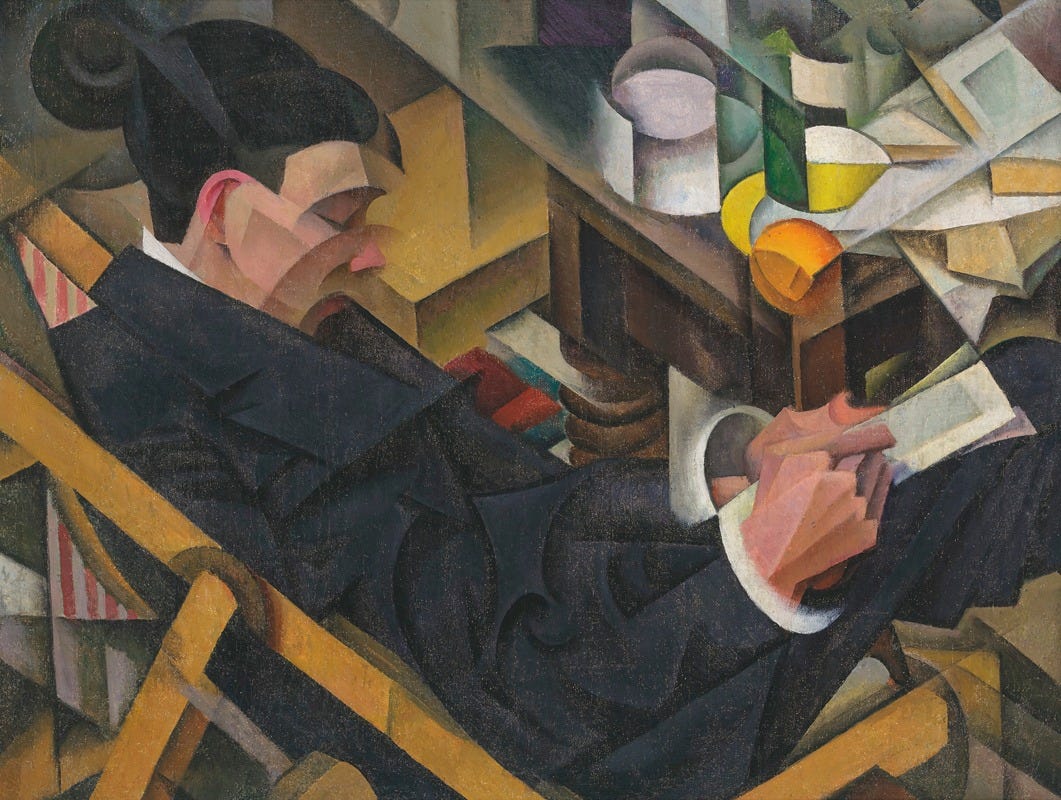Welcome to CrowdSource, your weekly guided tour of the latest intellectual disputes, ideological disagreements, and national debates that piqued our interest (or inflamed our passions). This week: what the guys are reading, the spectacle in Chicago, and eternal life.
Join us! CrowdSource features the best comments from The Crowd — our cherished readers a…




